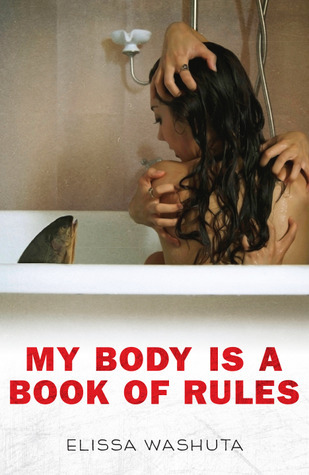What do you think?
Rate this book


189 pages, Paperback
First published August 12, 2014
A Cascade Autobiography
Part 5
When I was nine, in our New Jersey history class, we learned about the Lenni Lenape who had come before us. They seemed even further away than my own Indians because they had been right here, but the textbook said they were gone. When I was ten, a classmate told me she was Indian, too, and I said she was wrong, because she had never said so before. I wanted to be the only Indian around.